
“How Indonesia’s Tarp Kiosks Are Redefining Public Drinking Water”
Expanded & Source-Supported Version (~1 A4 Page)
Across Indonesia’s busy streets and small-town corners, a new kind of roadside kiosk is quietly redefining how communities access clean water. Built from durable tarps stretched across lightweight metal frames, these compact shelters offer more than shade from the tropical sun or protection from sudden rain. Their gently angled roofs are engineered to collect rainfall, channeling it through narrow pipes into built-in filtration units that produce safe drinking water for anyone passing by. What appears at first glance to be an improvised shelter is, in fact, a practical water-harvesting micro-infrastructure—simple, low-cost, and surprisingly effective.
These tarp kiosks often appear in areas where public amenities are limited: market corridors, bus stops, roadside food hubs, village intersections, and commuter paths. Their placement is intentional, offering clean water access in locations with heavy foot traffic or unreliable municipal supplies. When rain falls, water slides down the tarp canopy and enters a vertical piping system fitted with layered filters—commonly gravel, activated charcoal, and membrane elements. Some pilot versions also integrate UV treatment modules, similar to those recommended in WHO Household Water Treatment Guidelines, which highlight the strong performance of UV disinfection and charcoal filtration for low-resource settings.
Once treated, water emerges through a spout positioned at waist height, allowing pedestrians, vendors, cyclists, and students to refill bottles with ease. In several community-led prototypes, a foot-pumped tap system replaces hand-operated valves, a hygiene-focused design consistent with post-pandemic public health practices observed in Southeast Asia. This hands-free feature not only prevents contamination but also reduces maintenance demands—a key advantage in neighborhoods where trained technicians may not be readily available.
The strength of these kiosks lies in their simplicity. Every component—from tarps and PVC pipes to charcoal filters and modular frames—is inexpensive, easy to repair, and widely available in Indonesian hardware markets. Local residents can disassemble or relocate a kiosk in a matter of minutes, allowing the structures to shift with seasonal needs or community priorities. Some villages expand them into slightly larger stations, adding seating, rain gauges, or solar-powered lamps. Others keep the design minimal, letting the kiosk blend seamlessly into the rhythm of the street.
Indonesia’s interest in decentralized rainwater systems aligns with several real-world initiatives documented by credible institutions. The UNFCCC Adaptation Knowledge Portal highlights Indonesian community rainwater-harvesting projects—especially in Semarang and Yogyakarta—as key strategies for increasing resilience during dry spells. Research published in the Journal of Water, Sanitation & Hygiene for Development (IWA Publishing, 2020) also identifies rainwater as a promising supplementary drinking source for urban Indonesian communities, provided proper filtration is used. Meanwhile, UNESCO’s World Water Development Reports have repeatedly emphasized the importance of low-cost, community-scale water innovations in countries facing uneven access to piped drinking water.
Within this broader context, tarp kiosks represent an imaginative extension of Indonesia’s grassroots water solutions. They function as micro-public utilities: shelters that also serve as drinking stations, gathering points, and symbols of community care. During hot afternoons, they offer a cool pause and a moment of relief; during monsoon downpours, they become hubs of activity as people take shelter while clean water quietly collects above them.
What sets these kiosks apart is not just the engineering, but the philosophy behind them. They demonstrate that water resilience does not always require large concrete infrastructure or costly treatment plants. Sometimes, a simple tarp, a clever slope, and a well-designed filter can create meaningful impact—especially in densely packed neighborhoods or rural districts where clean water is not always guaranteed.
In turning temporary roofs into tools for public benefit, Indonesia shows how small-scale innovation can build healthier, more resilient communities. These tarp kiosks remind us that even the humblest structure can become part of the landscape’s ongoing care—where a roof offers not only refuge from rain, but refreshment, dignity, and a small measure of everyday security.
News in the same category


‘Why Did You Come to This School?’: Lawsuit Says Chicago School Let 10-Year-Old Black Girl Be Called the N‑Word, Punched, and Threatened Daily—Then Blamed Her for the Disruption

Stadiums of Sanctuary: A Winter Refuge Beneath South Africa’s Grand Arenas
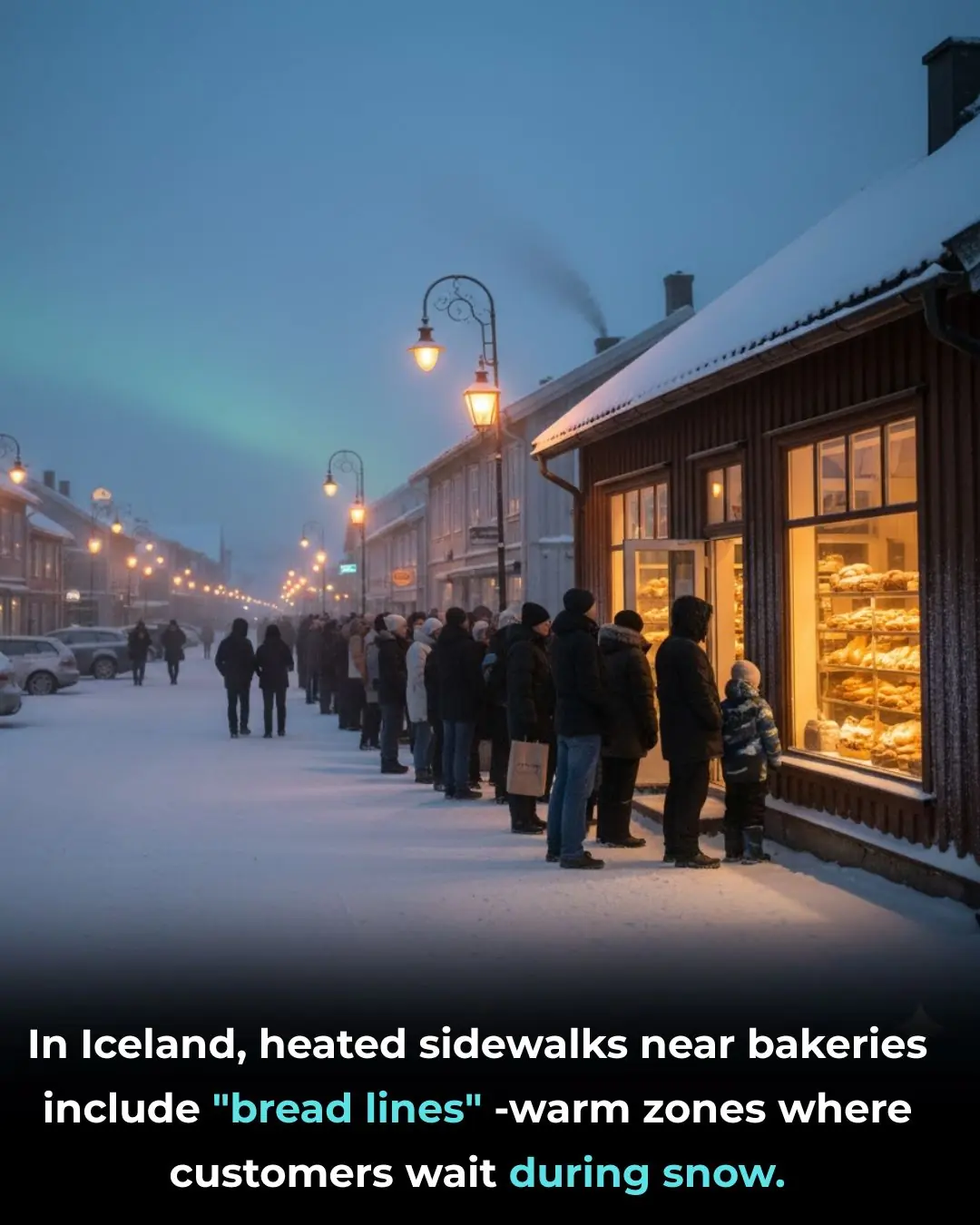
Heated Sidewalks and Cold Mornings: Iceland’s Quiet Revolution in Winter Comfort

‘He Needs To Act Like A Professional’: Would Draymond Green Care That A Fan Called Him ‘Angel Reese’ If He Was Still Good?

O.J. Simpson Estate Selling Off Treasures to Pay Goldman $58M—You Won’t Believe What’s Up for Auction
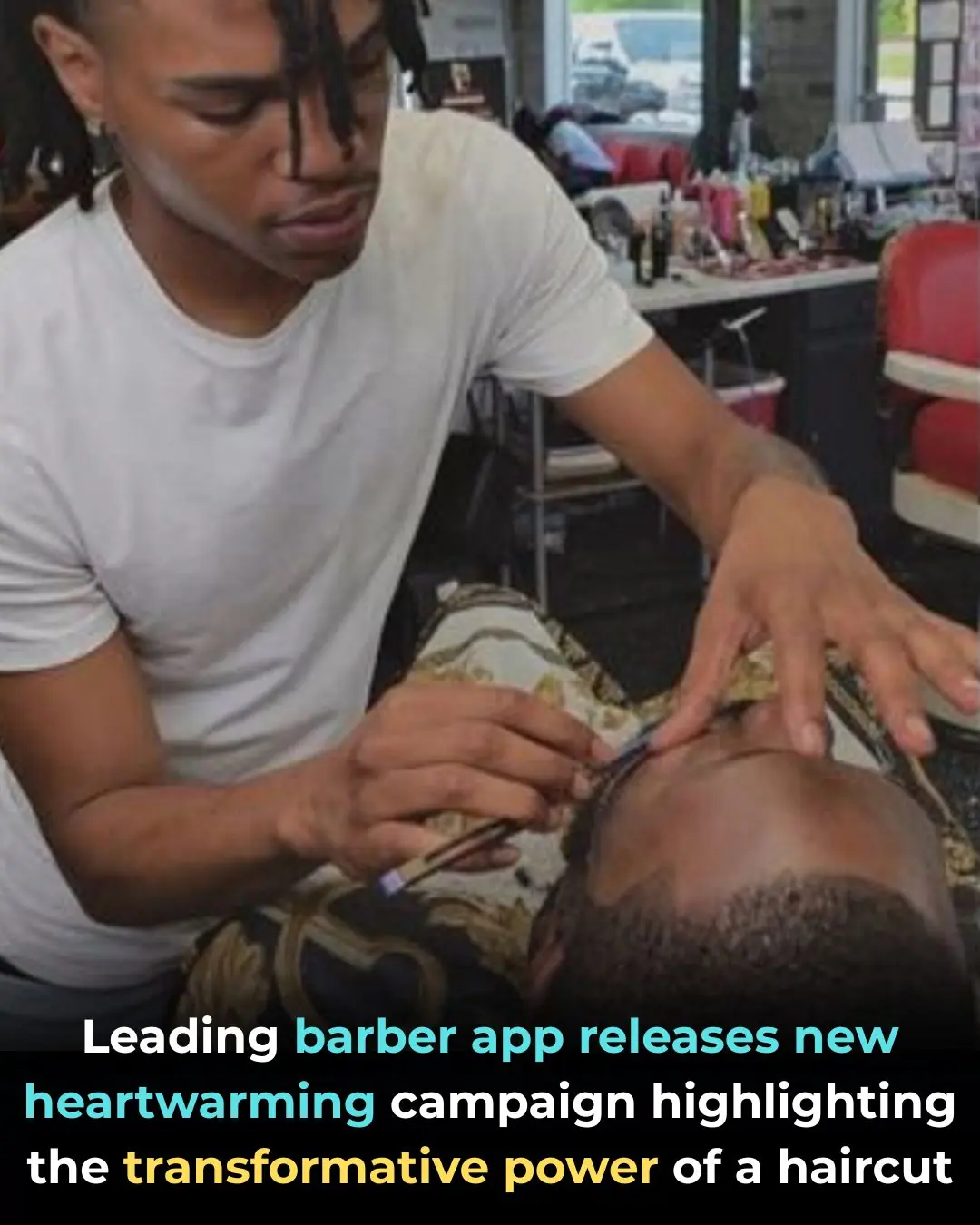
Leading Barber App Releases New Heartwarming Campaign Highlighting the Transformative Power of a Haircut

Philadelphia’s Oldest Black Bookstore From 1950s Officially Granted Historical Marker

Deion Sanders Has Generated More Than $90M for the University of Colorado Boulder

Johns Hopkins Welcomes Second Cohort of HBCU STEM Scholars as Part of $150M Commitment

Meet The Chicago Florist Using Art Installations To Shine A Light On Blackness

Prince to Be Honored Posthumously With Lifetime Achievement Award at Grammys

What Sydney Sweeney and Tom Cruise talked about during Governor Awards: lip reader

BBC axes Davina McCall's Stranded on Honeymoon Island after just one series

Shona McGarty's ex fiancé breaks silence as she joins I'm A Celeb after split

Michael McIntyre admits never seen before moment after Tommy Fury admission

ITV Emmerdale fans 'can’t cope' after Kev Townsend’s 'nightmare' twist

I’M A CELEB CAST COULD ALL LOSE THEIR FEE BY THE THIRD EPISODE FOR ONE REASON
News Post

Mice ran loudly on the ceiling

Boil green bananas this way

‘Take the Underground Railroad Girl’: Karen’s Mid-Flight Meltdown Gets Porsha Williams Escorted Off — But Simon’s Cryptic Private-Jet Post Takes Over

Tips to deodorize the refrigerator

3 ways to make crispy roasted pork at home in a pan or fryer
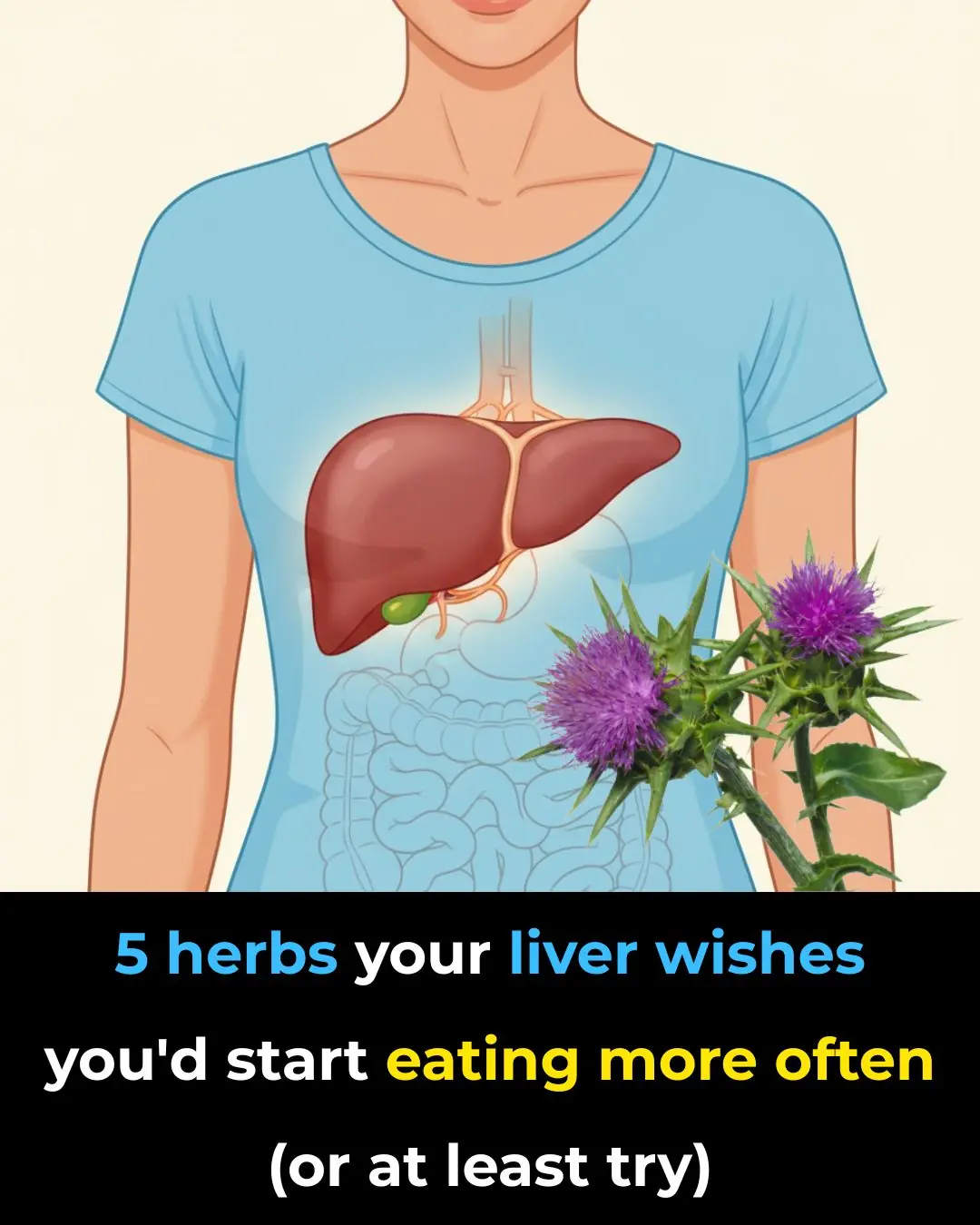
5 Herbs Your Liver Wished You’d Start Eating More Often (Or At Least Try!)

Tips for hair treatment with okra, extremely effective against hair loss, baby hair grows bristling

This one vitamin could help stop you from waking up to pee every night

Just tried this and whoa

2 Simple and Effective Ways to Remove the Smell from Long-Frozen Meat
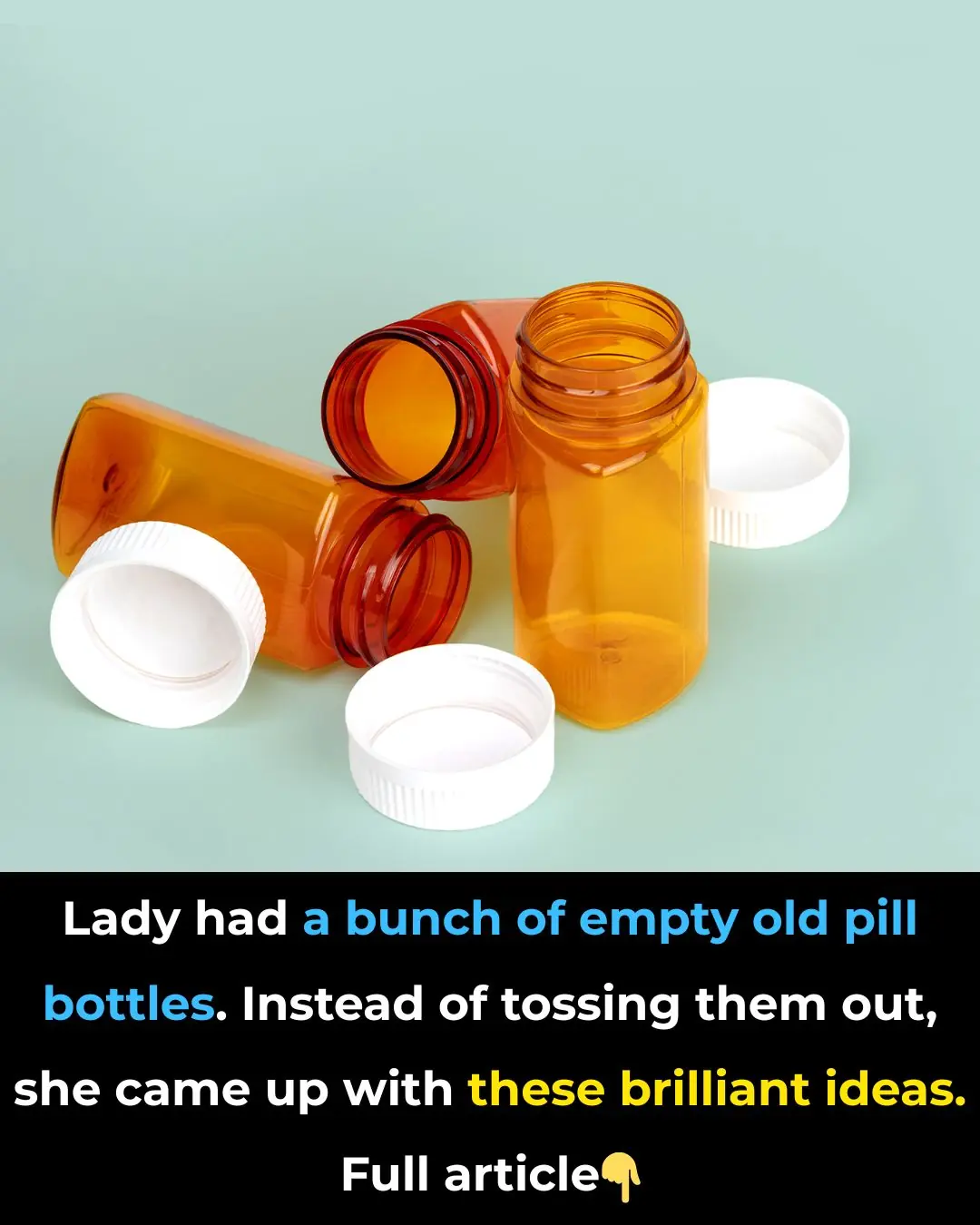
Lady had a bunch of empty old pill bottles
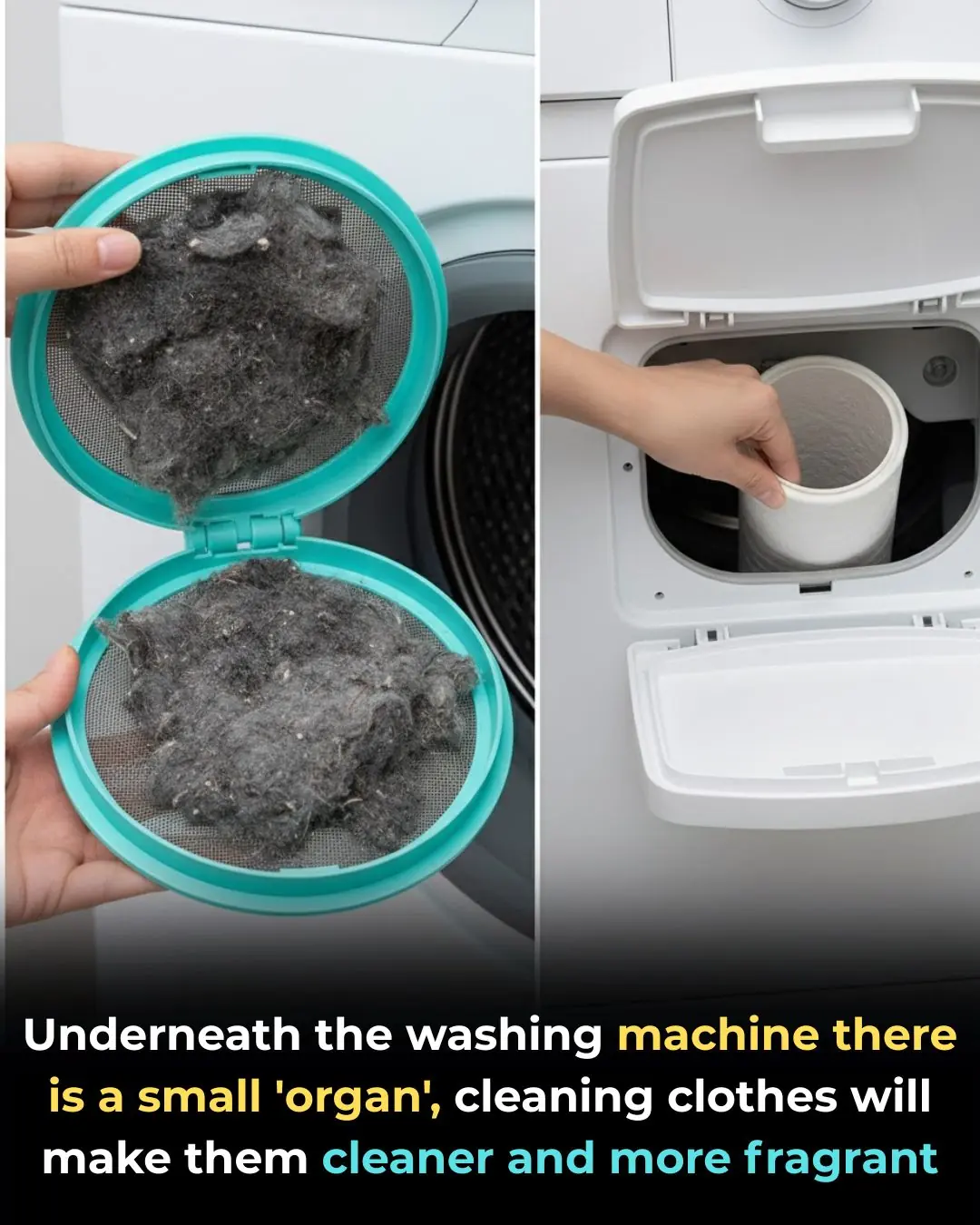
There’s a “Hidden Component” Under Your Washing Machine That Can Make Your Clothes Cleaner and Fresher
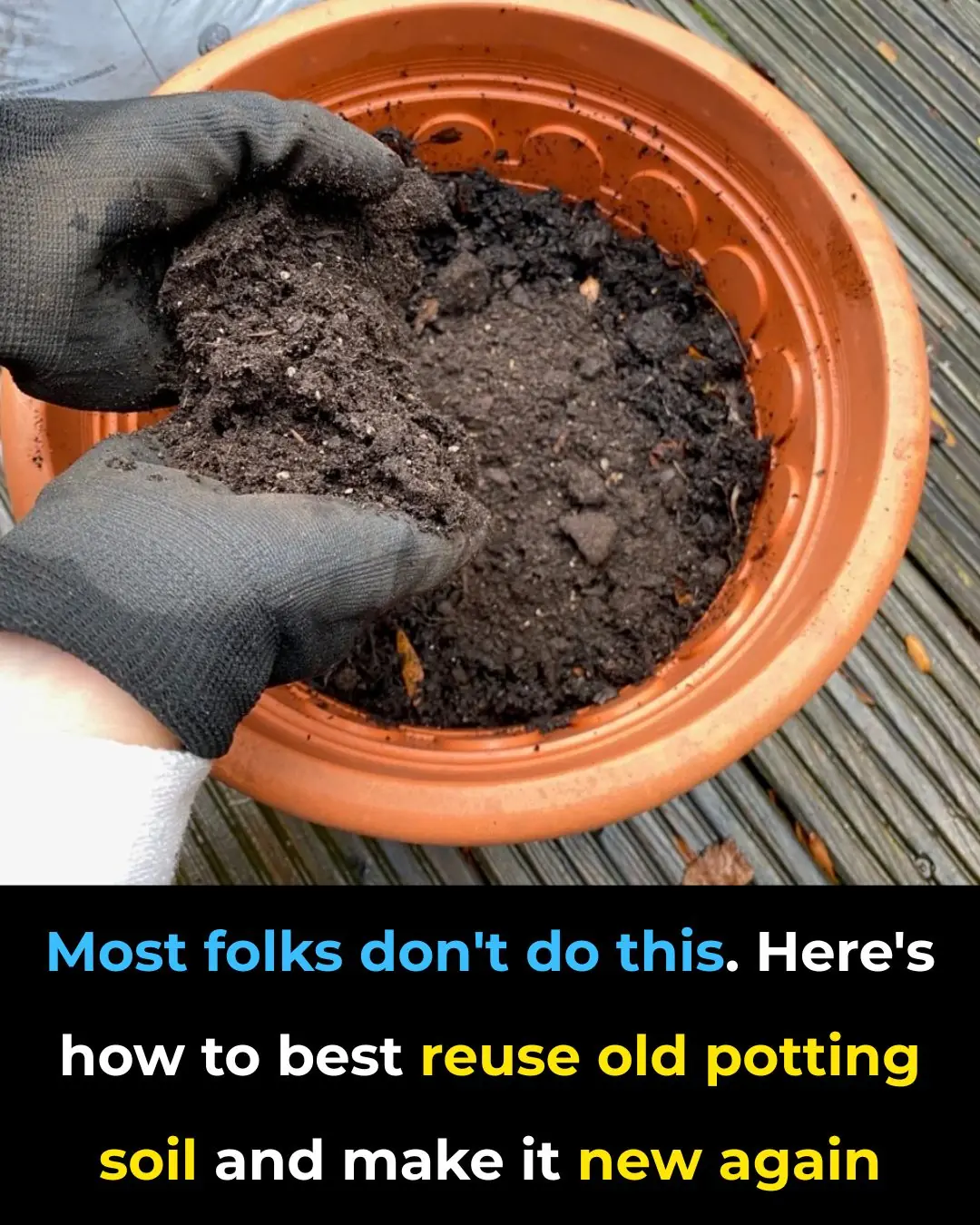
Wish I saw this sooner! Great tips!

Why Lung Cancer Targets Non-Smokers: The Hidden Kitchen Culprit You Might Not Know About

“Painting the Impossible: China’s Drone Experiments Turn Cliffs into Giant Artworks”

Dropping wind oil on garlic

‘Why Did You Come to This School?’: Lawsuit Says Chicago School Let 10-Year-Old Black Girl Be Called the N‑Word, Punched, and Threatened Daily—Then Blamed Her for the Disruption

Don't boil chicken with salt and water, otherwise it will be fishy and turn red.
